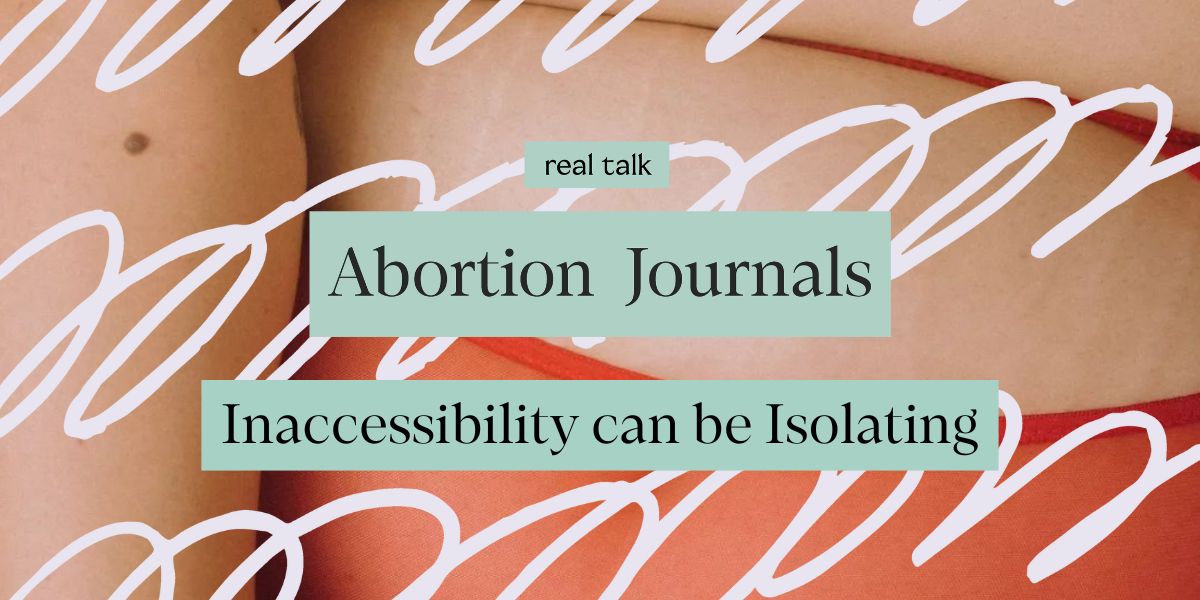What it's really like to freeze your eggs: a firsthand account

This article was written in collaboration with Spring Fertility.
Age: 29 (turning 30 this month!)
Occupation: Senior Manager, Content Marketing
Relationship status: Single
City: New York, NY
Why did you decide to freeze your eggs? What prompted you to make this decision at this moment in time?
I’ve been working in the reproductive health space for the past 5 years, so I feel really lucky that egg freezing is something I’ve been aware of since my mid-20s. I actually had my first egg freezing consultation three years ago at Spring Fertility, and I learned so much about fertility, family-planning, and the options available to me based on my personal goals and medical history. At that time, the consult was a way to learn about my ovarian reserve as well as break the ice on the topic of my fertility. I wanted to make sure I had the education and resources I needed to make empowered decisions should I decide to freeze my eggs in the future.
Fast forward 3 years, and I just completed my first egg freezing cycle. I want to be a mom so badly one day, but in my dream world, I won’t start building my family for at least another 5 years. Knowing what I know about age’s relationship to fertility (fertility rates decrease about 5% every two years after the age of 35), freezing my eggs at the age they are now is a gift for my future self - an insurance policy of sorts should I run into fertility challenges down the line (most likely when/if I’m trying for a second or third child). Additionally, while this decision was made independent of my relationship status (this timeline for egg freezing was my plan even when I wasn’t single), it is definitely a sigh of relief to not have the fear that I’m “running out of time” to meet the future father of my children putting undue pressure on my approach to dating or influencing what I’m looking for in a partner.
What did you consider before your decision?
I’ve been actively planning for this for the past year. I knew I wanted to freeze my eggs around my 30th birthday in May, so my decision to go through the process when I did really revolved around when I knew I would have 2-3 weeks to dedicate to it. I picked a period of time when I had no travel planned (the process includes regular monitoring appointments in-clinic, as well as daily injections administered at home), and could afford to take life a little easy if that’s what my body needed. At my initial consult, my doctor could see through bloodwork and ultrasound that I was about to ovulate, so my care team created a treatment calendar that would start in the luteal phase of my cycle and conclude around time of menses.
The financial aspect of egg freezing is often a major consideration for those interested in the process, so I feel really lucky that my company offers benefits to cover the cost of fertility treatments, including fertility preservation. Had I not had that financial support, I likely would have opted into Spring’s no-interest payment plan ($250/month for 40 months) to cover the cost of my cycle over time rather than paying upfront with one lump sum. In New York City, an egg freezing cycle at an accredited clinic costs around $10k, plus the cost of medications and annual storage.
What did the process look like for you?
Everyone experiences the egg freezing process in their own way - it’s such an individual experience. For me, however, it was so much easier than I expected it would be. I fully expected it to be my whole life for the 2 weeks I was in it, but it was just another (great!) thing I happened to be doing for myself and my future while the rest of my (busy!) life kept happening.
That being said, I don’t want to understate that egg freezing is a commitment. For 14 days, I gave myself 2-3 shots daily which was the most intimidating part of the process for me at the start - but, as I was told by many other women I know who have frozen their eggs, by day 2 or 3 you’re basically a pro. I was lucky to have the support of my family and friends through the process, and rarely did an injection without someone cheering me on in-person or on facetime (which made this experience all the more special).
The process also included regular bloodwork and ultrasound monitoring with my doctor at Spring to make sure the medications were growing the follicles in my ovaries appropriately and to adjust medications as needed. Spring offers scheduled, early morning monitoring appointments which meant I was in and out in 10-15 minutes every time. After 14 days of injections, my doctor determined that I was ready to “trigger” ovulation (with another injected medication), and my egg retrieval was scheduled for exactly 36 hours after I administered that final shot. The egg retrieval itself was a 20-minute outpatient procedure – aka the best nap of my life. I’m a big Taylor Swift fan, and my retrieval happened to land on the day The Tortured Poets Department was released, so I was more than happy to rest and recover with plenty of salty foods, electrolyte-rich fluids, and 31 new T-Swift songs to commit to memory!
What changes to your body/ mood have you noticed, if any? During or after?
I was prepared to be a hormonal mess throughout the process (mood swings are a pretty consistent PMS symptom for me, so I was bracing myself for a 5x version of what I usually experience every month) but truthfully, the majority of the time I felt SO level. And in the moments where I did feel emotional or overwhelmed, it was so reassuring to be able to assign those feelings to something temporary and purposeful.
As far as physical symptoms go, the only noteworthy one for me was bloating and heaviness in my lower abdomen from the ovarian stimulation. Our ovaries are normally the size of small plums, but when you’re growing multiple follicles during an egg freezing cycle, they can grow to be the size of grapefruits. It wasn’t until day 13 that I really felt “over it” - but the end was in sight and the discomfort meant everything we were doing was worth it! I’m writing this 4 days post-retrieval, and my body feels pretty much back to normal.
Real talk: your first period after your retrieval is no joke. My period is usually really light, so I was definitely caught off guard when I started getting heavy cramps and bleeding a few days after my retrieval - but that’s totally normal and manageable with Advil or Tylenol.
Is there anything you couldn’t do or had to cut out of your routine during this process?
I’ve learned that one of the biggest misconceptions about egg freezing is that the process needs to dramatically disrupt your regular life routine. Since you’re not retrieving eggs with the goal of immediately getting pregnant, you don’t have to “cut out” the things you normally would have to when pregnant or trying to conceive (caffeine, alcohol, sushi, etc. are all fine in moderation). I still went to work and happy hours and met friends for dinner and even took a weekend-long acting class!
Due to the risk of ovarian torsion, the one thing you do need to change during the process is your workout routine – anything where you’re twisting at your pelvis or jostling your abdomen is a no-go, so I had to ditch the Soul Cycle and SLT classes for a few weeks. Walking is fine, and something I did for my mental health even more so than as a mode of physical exercise. Oh and just as a general note: you shouldn’t have penetrative sex when you’re near the end of your egg freezing cycle due to risk of ovarian torsion, and if you are having sex with a sperm-producing partner, you absolutely have to wear a condom.
Overall thoughts/ reflection?
I actually can’t put to words the relief and gratitude I feel after having frozen my eggs. I do not know what they’ll be for me one day (if anything!), but the fact that they are safe and sound and there for me no matter where life takes me in the coming years is truly so freeing.
One piece of advice on that, for anyone else who’s considering this process: where you choose to freeze your eggs matters. If the goal is to be able to fertilize those eggs and turn them into a baby one day (either with your future partner or through the use of donor sperm), you should be able to trust that the clinic you’ve frozen your eggs at has a strong lab and great IVF outcomes. In your initial consultation, ask questions about their success rates and outcome data for your age group. As I was planning to freeze my eggs, and in “debriefing” with myself after I had a final number of eggs retrieved and stored, Spring’s Egg Freezing Outcome Estimator was a really helpful tool for me to understand my likelihood for success should I come back to use those eggs in the future.
I would also suggest that anyone interested in egg or embryo freezing looks into whether their company offers benefits. More and more companies are offering fertility-specific benefits from providers such as Progyny, Carrot, and Win, to cover not only fertility treatment (i.e. IVF), but fertility preservation, recognizing the importance of providing their employees with family-building options to support their unique dreams and goals. And if they don’t, talk to HR about why you believe that’s a benefit you and your colleagues deserve - because this is a fertility option that everyone should have access to if they want it!
Keep Reading

Do men have a biological clock?
Apr 18 • 3 minutes

Myths of fertility with age
Feb 16 • 3 minutes

What’s the deal with egg freezing?
Jul 8










